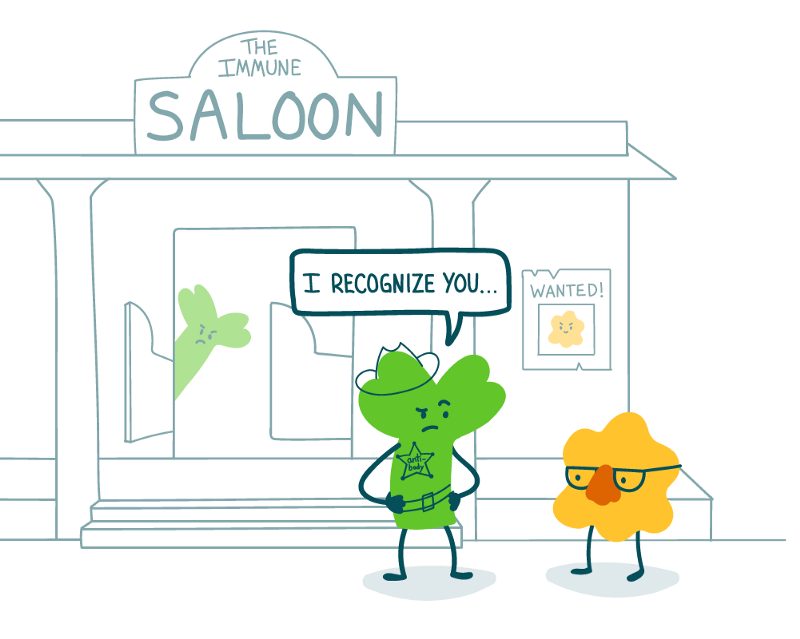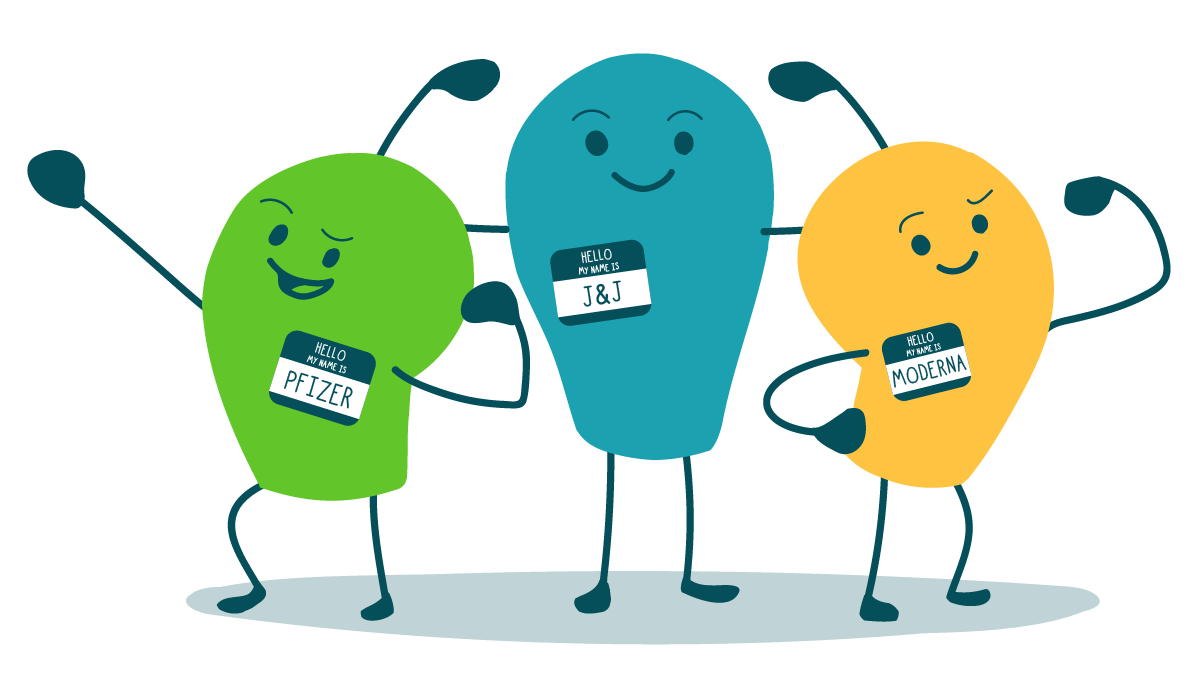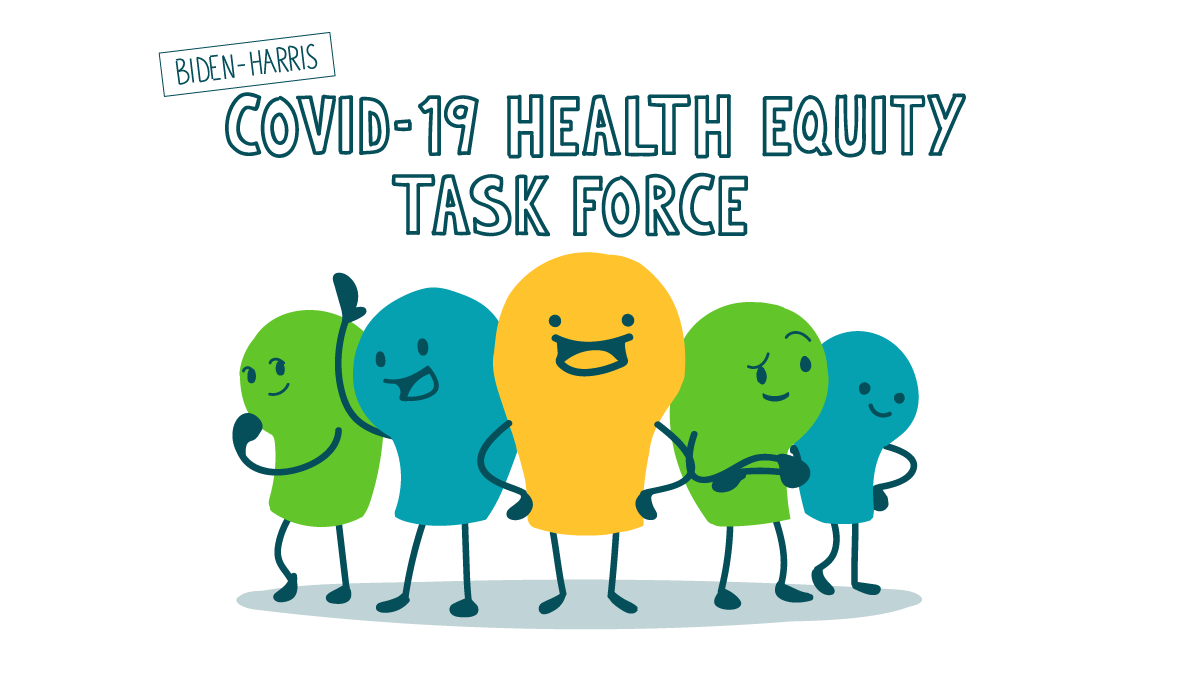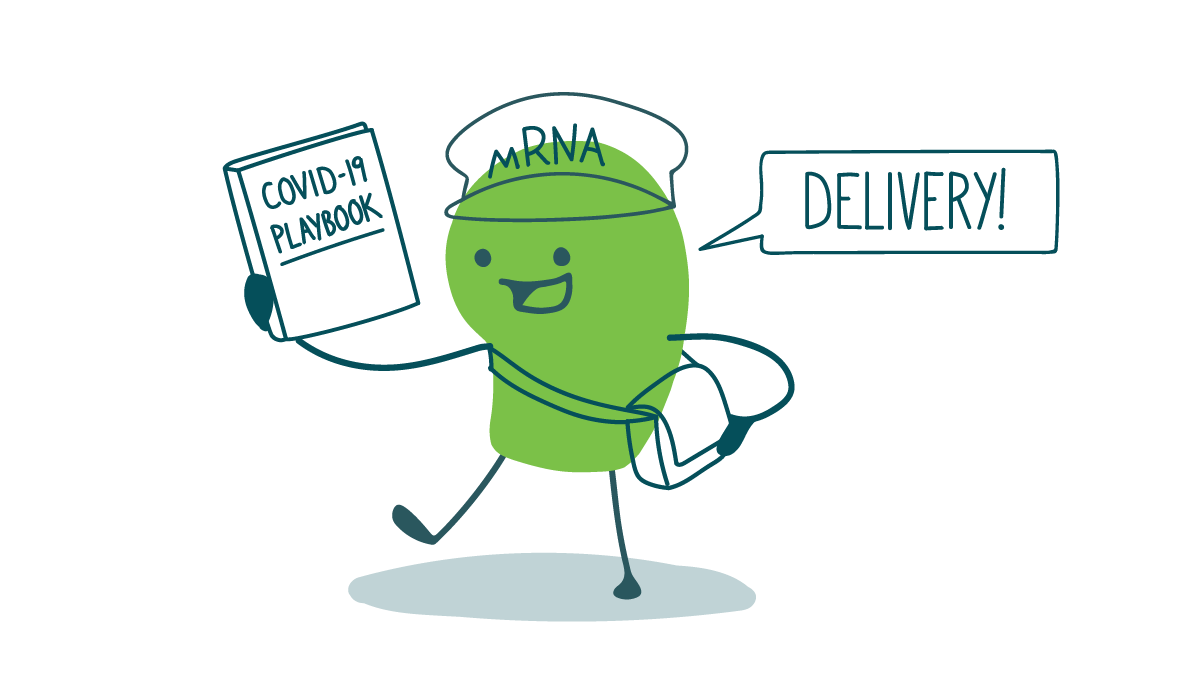
Here at We ❤ Health Literacy Headquarters, vaccines are a topic near and dear to our hearts. We’ve written in the past about tricky aspects of vaccine communication like herd immunity. And with a COVID-19 vaccine on the horizon (we hope!), we thought it was time to tackle another sneaky vaccine-related term: antibodies.
You might be thinking, do we really need to get into these weeds? Can’t we talk about vaccines without mentioning antibodies? Alas, no. Not in the time of COVID, anyway. With headlines about coronavirus antibody tests all over the news, health communicators will need to educate readers about these powerful little proteins.
So use these tips when you communicate about antibodies:
- Explain antibodies in plain language. Try this: Whenever your immune system meets a new germ, it makes new antibodies that “remember” that germ. So the next time that germ shows up, those antibodies will sound the alarm and help your body fight it off before it can make you sick.
- Stress that vaccines are the best way to get antibodies. It’s true that you can get antibodies from being sick with a disease. But vaccines let you skip the sickness and go straight to being protected. Doesn’t that sound more pleasant?
Your readers may also be wondering what it means to have antibodies to COVID-19. And unfortunately, experts just aren’t sure! Because COVID is so new, we’re still figuring out whether having COVID antibodies means that you’re immune to the disease.
And of course, dear readers, that’s why vaccines are so important. Through the trial process, scientists will find a vaccine (or more than 1) that is proven to give people effective antibodies to coronavirus — without risking their health in the process.
The bottom line: Explain antibodies to help your readers understand the amazing power of vaccines!
Browse recent posts


